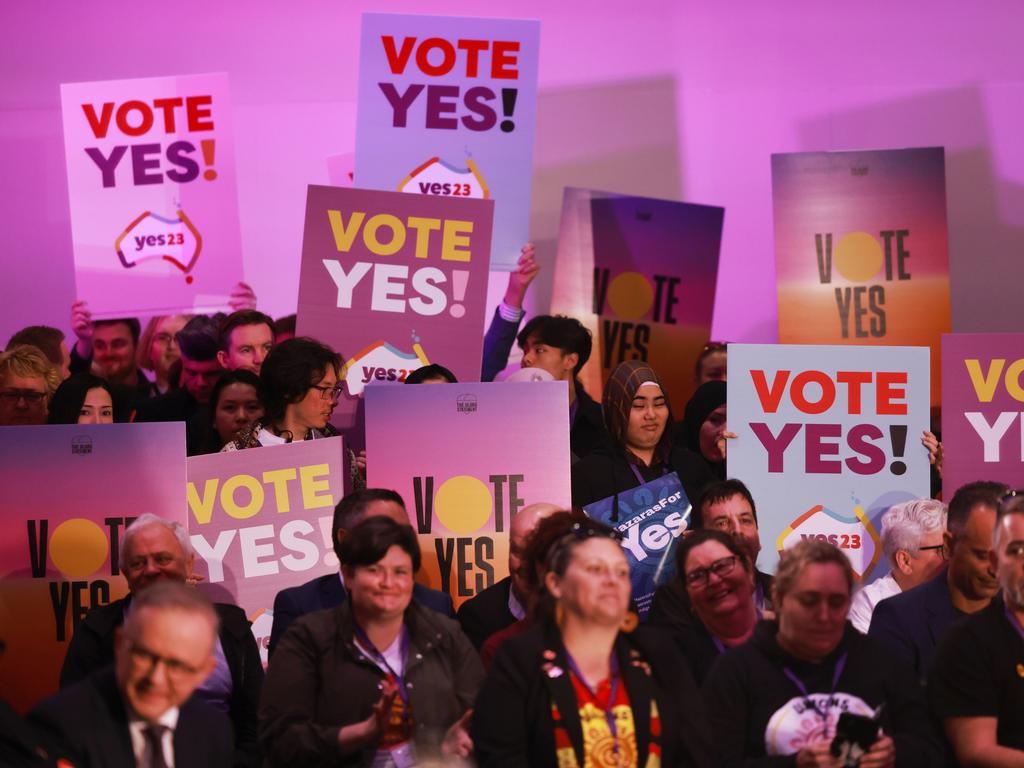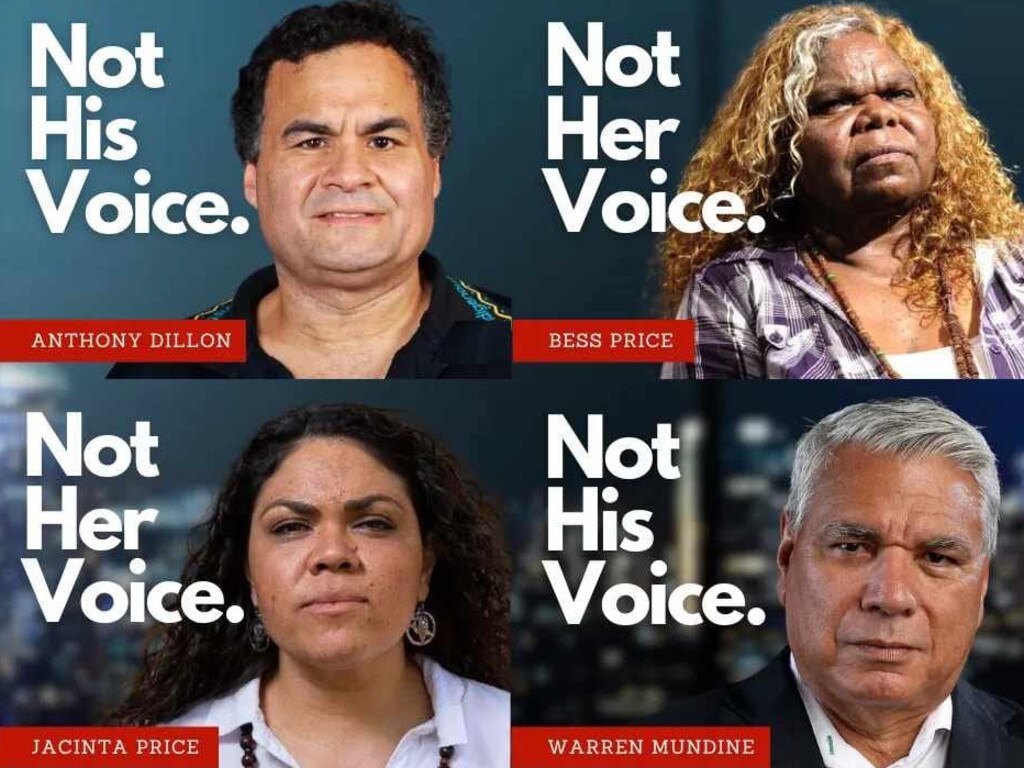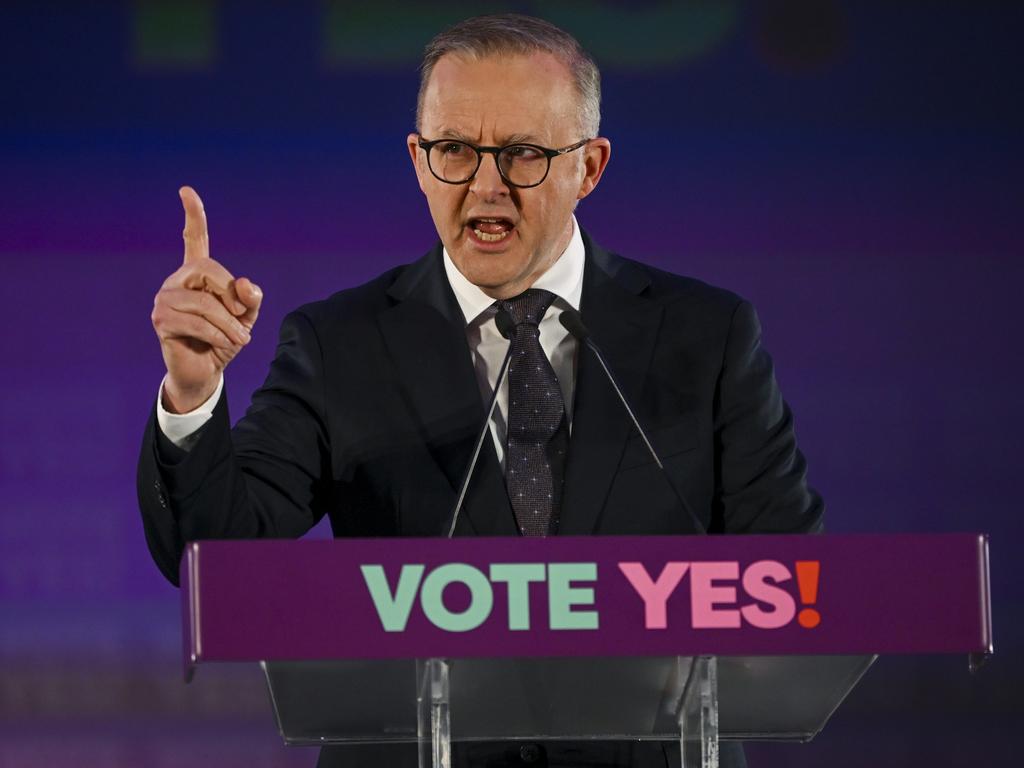
But as the term is being used in the debate about the proposed voice to parliament, “recognition” has been freighted with political implications that go far beyond the word’s everyday meaning. And, while “recognition” has long been a crucial concept in political philosophy, those implications are antithetical to the role the term has played in thinking about liberal democracy.
No one was more influential in defining that role than the great German philosopher, GWF Hegel (1770-1831), who placed “recognition” (Anerkennung) at the heart of his political theory.
The question with which Hegel grappled was how the ever-growing demand for individuality could be reconciled with the cohesion societies needed to survive and prosper.
The key to addressing that dilemma, he argued, lies in the fact that we naturally “recognise” each other as both profoundly similar and profoundly different: similar in our common humanity, which endows us with the faculties needed to flourish, yet utterly unique in where those faculties ultimately lead.
Only the modern state, Hegel believed, could successfully reconcile that duality’s two faces. By granting all citizens political equality – that is, equal rights and obligations – it could recognise and enshrine our common identity as rational beings; at the same time, by allowing the freedoms of expression, religion and association, it could create the room for human diversity to thrive.
As a result, the joint “recognition” of commonality and plurality was the deepest justification both for political equality and for rigorously separating the political sphere – “the realm of universality” – from “civil society”, which Hegel described as the “realm of particularity”.
For Hegel, “recognition” was consequently an essentially individual process: it was the respect each citizen paid every other, laying the foundations for a politics of equal dignity. And then, as now, the promise of the politics of equal dignity was that the equality of rights and voices would breed an equality of hopes and duties.
Yet the politics of equal dignity was soon challenged by the politics of difference. Originally theorised by Johann Gottfried Herder (1744-1803), it viewed the world as an aggregate of ethnic groupings – the “Volk” – whose members could only flourish within the confines of their collective identity.
Recognition was, in this perspective, not to be accorded to individuals as citizens who deserved an equal opportunity to shape a shared future; it was instead owed to collectivities forged by the burdens and memories of a shared past. Grafted over time on to notions of national liberation and self-determination, this approach – which was the wellspring of ethnic nationalism – transformed “recognition” into an increasingly vociferous demand for political sovereignty.
However, the “volk” was, more often than not, a myth; and even when it was not entirely fabricated, the challenge for its proponents was to form a unified people out of a heterogeneous population.
That challenge was, of course, not theirs alone: it had plagued the notion of “the people” from the outset. Thus, when the brilliant 17th century royalist Sir Robert Filmer wanted to attack the use made of the notion by Charles I’s adversaries, he was able even then to point out that “What the word ‘people’ means is not agreed upon”.
As for the conceit that “the people” could be the underlying source of political authority, it was patently absurd, since it was the political system that determined who constituted “the people”, not the other way around.
It was against the backdrop of that controversy – and of the blood-soaked civil war which followed it – that Thomas Hobbes defined the conceptual framework that permeates modern political theory.

As Hobbes well knew, it was being represented in parliament, with its elaborate rituals and ongoing political bargaining, that had gradually fused the English nobility and the gentry into assertive, self-conscious estates, whose collective identity transcended their deep differences.
In his masterpiece, Leviathan (1651), which was published in the same year as the first application of the noun “representative” to parliament, he therefore argued that it was the political process itself, with its unifying symbols, ceremonies and practices, that converts the mass into “the people”.
Instead of the people creating the polity, it was the polity that brought “the people” into being, defining the “who, what and when” that took disparate individuals and through participation in the political system gave them a collective identity.
But nothing ensured the process of constructing a “people” would be a pretty sight – least of all where the politics of difference was involved. Rather, as the subsequent centuries painfully showed, the politics of difference relied on a logic that defined “us” by the exclusion of, and vehement opposition to, “them”. Drenched in grievance, and exploiting it to create group solidarity, ethnically and racially based representation was invariably deeply divisive – as each of the voice’s predecessors, and its overseas counterparts, proved to be.
It is that process Australians are being asked to endorse under the guise of “recognition”: not the acknowledgment of an Indigenous “people”, which – divided as it is by geography, descent, language, location and social class – scarcely exists, but the institutional mechanism by which such a “people” will be given a permanent identity and shaped into a distinct political nation.
The determination of who is and who is not eligible to take part in the voice; the periodic recording of eligibility on public electoral rolls and official voting registers; the repeated rituals of selection; the voice’s own deliberations, and the symbolism that accompanies them: all those will combine to conjure that nation out of whole cloth.
There may, for sure, be disagreements among its members and constituents. But the proposal’s entire point is to replace the many voices of Indigenous Australians with a single voice.
And if the wretched history of ethnic and racial representation has any undeniable lessons, it is that the greater the cleavages within a group, the greater is the attempt to strengthen group solidarity by heightening and hardening the distinction between “us” and “them”.
It is therefore hardly unreasonable to fear that this artificially constructed identity will undermine our shared identity as Australians who deserve mutual respect and decent life chances simply by virtue of equal citizenship.
Nor is it unreasonable to fear that the triumph of the politics of difference will transform this country into a state that attempts to house two increasingly hostile nations within a single political breast.
That would not be recognition; it would be misrecognition. And far from doing no harm, it would corrode our already fragile political fabric. Whether Australians fall into that trap is what the next six weeks will determine.








If asked, most Australians would readily say that “to recognise” means “to acknowledge”; they would, moreover, support acknowledging in the Constitution the fact that Indigenous Australians inhabited this continent for many millennia before Europeans arrived.